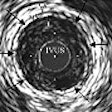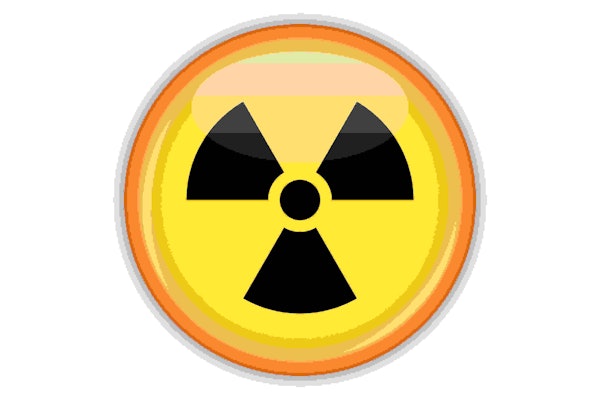More in Home
New benchmark helps monitor cumulative CT radiation dose
February 13, 2026
Study questions routine use of radiotherapy after bone surgery
February 13, 2026
Could AI scoring help with managing DCIS?
February 11, 2026
Radiology coding update for 2026
February 11, 2026
Super-resolution deep learning reconstruction improves CCTA
February 10, 2026
Nonsurgical management rising for low-risk DCIS cases
February 10, 2026
Gadoxetate MRI offers high sensitivity for liver cancer screening
February 10, 2026
Page 1 of 202
Next Page


















